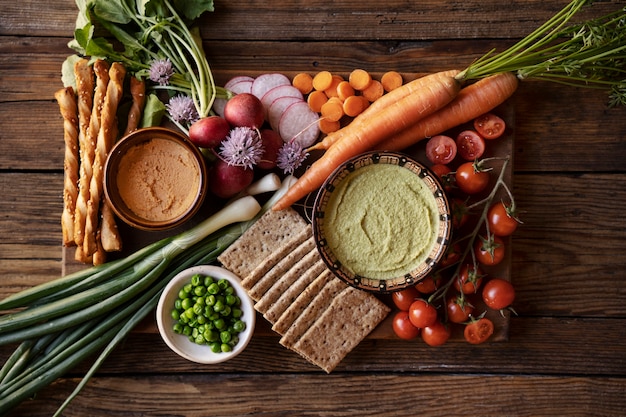
Fermented foods, such as sauerkraut, kimchi, and kefir, are becoming increasingly popular. But do they actually benefit your health? Let’s explore some personal stories and recent research.
Thirteen years ago, Donna Schwenk, while pregnant with her third child, developed preeclampsia, leading to severe health complications. After delivering her baby early, Donna herself faced diabetes, high blood pressure, and extreme fatigue. In search of a solution, she stumbled upon a book in a health food store about kefir, a fermented milk drink high in beneficial bacteria. A shop assistant had enthusiastically recommended the book.
Desperate for relief, Donna began adding kefir to her diet and even her baby’s bottles. Remarkably, within a month, her baby gained four pounds, and in twelve weeks, Donna’s own health dramatically improved. Believing in the power of fermented foods, Donna later authored a book on the subject and contributed to a PBS special exploring the health benefits of fermented foods like kefir, yogurt, and sauerkraut.
Donna isn’t the only advocate for these foods. The New York Times has recognized fermented foods as a significant future food trend. Health enthusiasts like Michael Pollan write about how fermenting foods at home has become a passion, hinting at the wider cultural shift towards these foods.
Kimberly Snyder, a nutritionist to celebrities, advises her clients to eat fermented vegetables daily, claiming that these foods help restore bacterial balance in the gut, promote weight loss, improve skin, and boost energy. Meanwhile, clinical nutritionist Kathie Swift emphasizes that gut health is crucial, impacting everything from vitamin absorption to mood regulation.
Scientific studies support these claims. For example, replacing the gut bacteria in obese mice with that of lean mice resulted in weight loss. Similarly, gut bacteria contribute significantly to our immune system and the production of mood-regulating chemicals such as serotonin.
Researchers are also investigating the link between fermented foods and mental health. For instance, substituting gut bacteria from anxious mice with that of calm mice made the anxious mice less stressed. This demonstrates the profound impact of gut bacteria on overall well-being.
Our diets, rich in sugar and refined carbohydrates, along with factors like stress and certain medications, often tip the balance of gut bacteria towards harmful species, explains nutritional therapist Daniel O’Shaughnessy. This imbalance can manifest in various health issues, from food intolerances to chronic fatigue and skin disorders.
Rather than relying on supermarket “probiotic” drinks high in sugar with transient bacteria, O’Shaughnessy suggests incorporating a variety of fermented foods into the diet for a broader range of beneficial bacteria. Different fermented foods, like kefir, sauerkraut, and kombucha, offer unique bacterial strains, all contributing to gut health in their own way.
Historically, fermentation was a method to preserve food and improve its nutritional value. Today, it is being rediscovered for its health benefits. Foods like kimchi in Korea, sauerkraut in Germany, and various fermented dishes in Japan play significant roles in their respective cuisines and are believed to contribute to the populations’ overall health.
Nonetheless, it’s important to introduce fermented foods gradually. Consuming too much too quickly can lead to gut discomfort. Start small and build up the variety in your diet to populate your gut with a healthy balance of bacteria.
Incorporate fermented foods like kefir, miso, sauerkraut, coconut yogurt, and kombucha into your routine by looking for products with live cultures or making your own at home. Adding prebiotic foods like onions and garlic can also support the growth of good bacteria.
Embracing fermented foods in your daily diet might seem trendy, but it’s rooted in centuries-old traditions. With increasing evidence supporting their benefits, they might just be worth the hype.